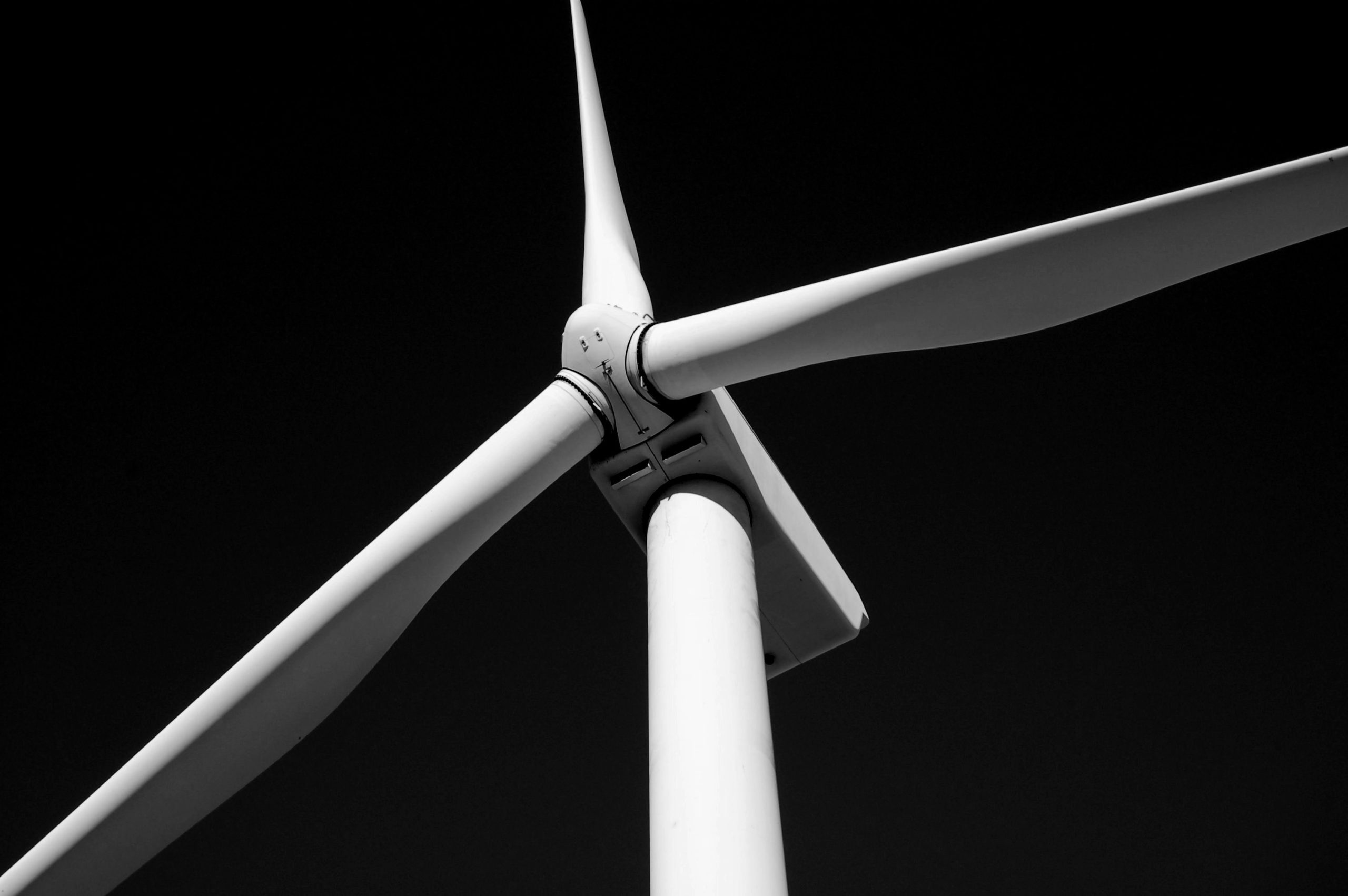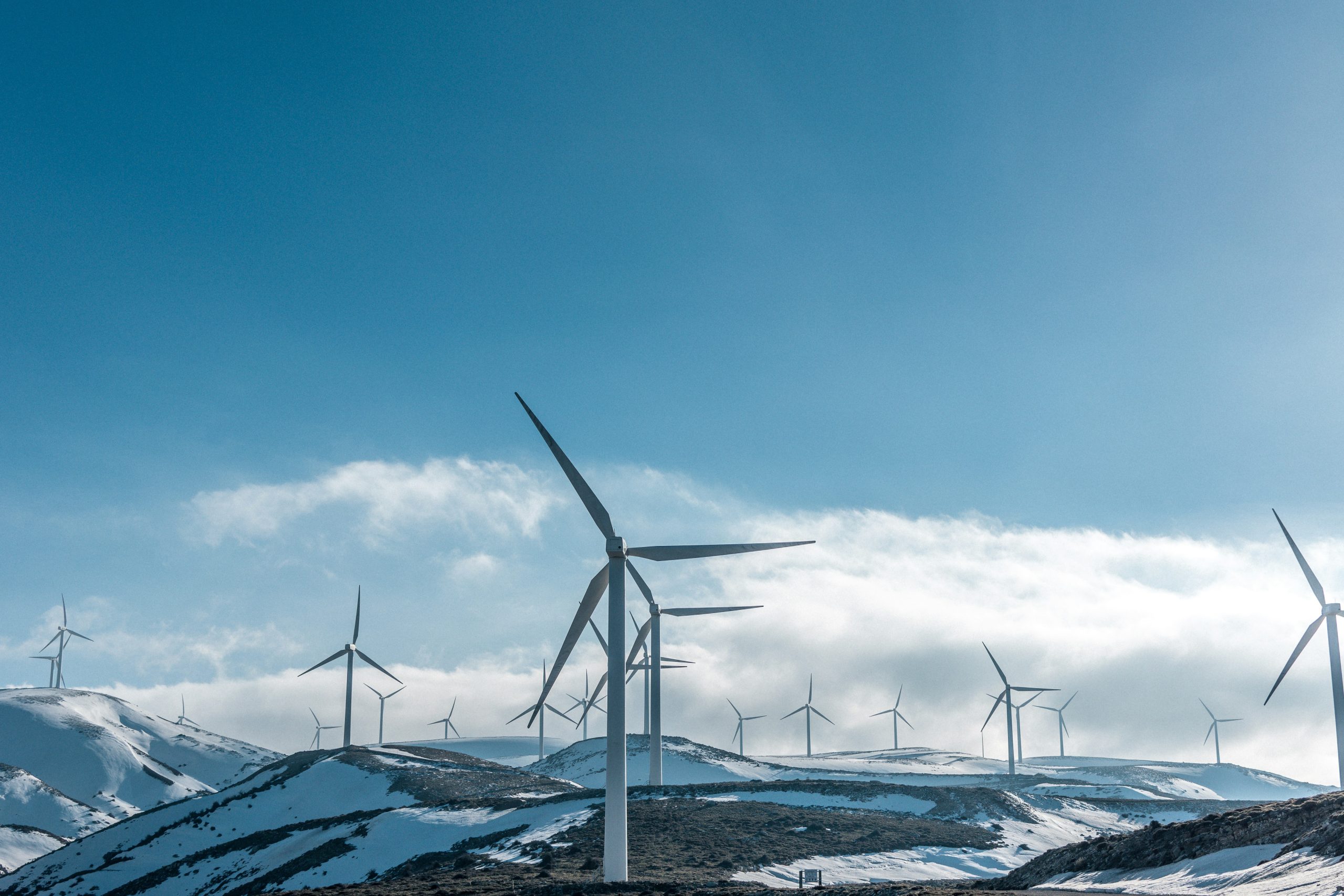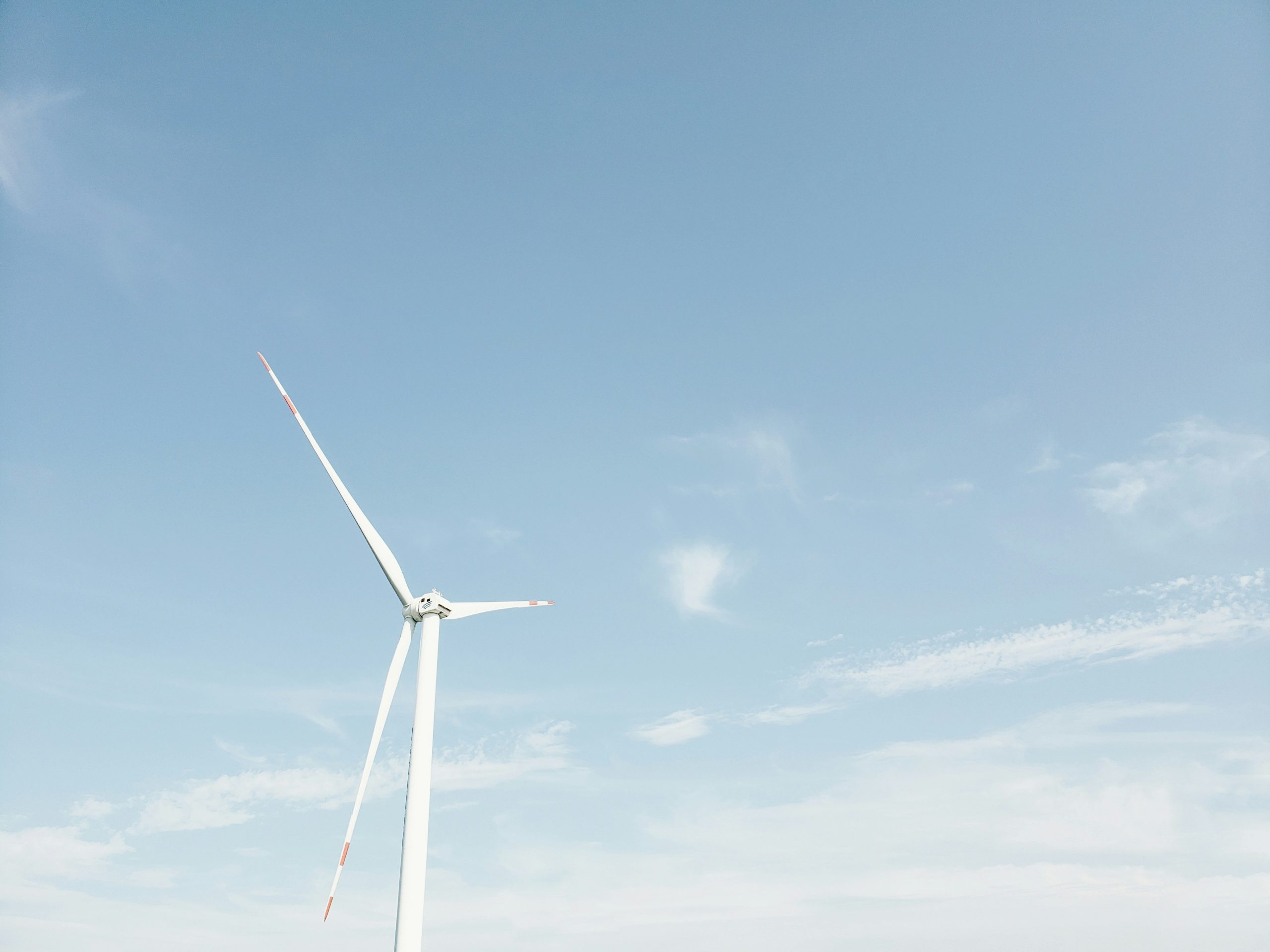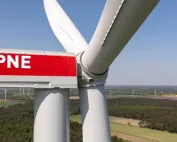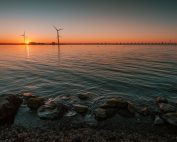The Swedish Prime Minister Ulf Kristersson presented the programme of the Swedish Presidency of the Council during the plenary session of the European Parliament today. Below we present priorities for energy, environment and climate of the Swedish Presidency from 1 January until 30 June 2023.
Energy
The EU must be well-equipped for next winter and to address challenges in subsequent years too. The Presidency is ready to act quickly and resolutely to meet the pressing challenges presented by the current energy crisis. The priorities will be to closely monitor developments in the energy markets and the implementation of measures, deal with any further emergency proposals and reform the design of the EU’s electricity market.
Implementing the Fit for 55 package is important so that the EU can achieve its goal of climate neutrality by 2050. The Presidency will continue to drive the informal trilogues with the European Parliament forward regarding the proposals for a revision of the Renewable Energy Directive and the Energy Efficiency Directive. It is important that the EU maintains high ambitions, while also taking into account the fact that the Member States are differently placed to help achieve its energy targets for 2030.
The Presidency will also advance the work on the proposal for a revision of the Energy Performance of Buildings Directive. By reviewing the regulatory framework, the EU can jointly improve the energy performance of buildings, reduce emissions from buildings and improve the availability of charging infrastructure.
The Presidency will advance the work on the proposals in the hydrogen and decarbonised gas market package. It is important to increase the proportion of renewable and low-carbon gases in the energy system while reducing natural gas use.
The Presidency will also continue to work on the proposal for a Regulation on the reduction of methane emissions in the energy sector. Reducing methane emissions from fossil energy sources is an important measure in the efforts to achieve the green transition. The Presidency will also continuously manage and, where necessary, coordinate the EU’s position for international energy negotiations.
Environment and climate
Environment and climate issues are high on the EU agenda, and a large number of proposals are already on the table or will be presented by the Commission in the near future. The Fit for 55 proposals presented in July 2021 lay the foundations for the way in which the EU will achieve its climate targets.
The pricing of carbon dioxide emissions is crucial, and emissions trading is a mainstay of the EU’s climate framework. Certification of carbon sequestration and carbon capture is expected to be important in the future, not least for the development of biogenic carbon capture. The rate of transition and electrification in the EU’s worldleading automotive industry is an excellent example of the significance of the green transition in driving innovation.
The EU’s actions for the climate transition within the Union affect the whole world’s prospects of achieving the commitments in the Paris Agreement. For this reason, the Swedish Presidency will prioritise moving the negotiations on any remaining parts of the Fit for 55 package forward with a high level of ambition in the Environment Council. It will also be important to take the results of the UN Climate Change Conference (COP27) forward. The EU plays a crucial role in keeping global ambitions high.
A review of the CO2 emissions standards for new heavy-duty vehicles will provide an important framework for accelerating the transition of the transport sector. The Presidency will take forward the proposal for a certification scheme for carbon removal to promote the emergence of a commercial carbon capture market.
The Presidency will also continue the negotiations on a revised Regulation on F-gases and on the Ozone Regulation, with the ambition of making as much progress as possible. The Swedish Presidency will also prioritise the revision of the Industrial Emissions Directive. Another important proposal in terms of realising the EU’s zero pollution vision is the revision of the Ambient Air Quality Directives.
Developing a circular economy is important for the green transition. The Presidency will work to ensure that the EU is at the forefront in this area too. This involves both how the products we consume are produced and how they are packaged and transported before they reach the consumer. The Presidency intends to advance the work on the revision of the Packaging Directive.
The Presidency will also work on the EU regulatory frameworks that promote non-toxic material cycles, increased use of high-quality recycled materials in products, and other business models that promote a circular economy. The Presidency will also strive for as much progress as possible in the negotiations on the revision of the Waste Shipments Regulation. This plays an important part in increasing controls of waste streams and tackling illegal waste shipments. A number of international negotiations, including on a legally binding global agreement on plastic pollution, are due to take place during the Swedish Presidency of the Council of the EU.
The green transition needs to happen in all areas, and one vital condition is the protection of natural environments and biodiversity – today and for future generations. The Presidency will therefore continue the work on the Regulation on nature restoration. Another important task for the Presidency will be following up on the outcomes of the UN Biodiversity Conference (COP15) and ensuring the prompt implementation of the global biodiversity framework.
Source: Swedish Presidency of the Council of the European Union




